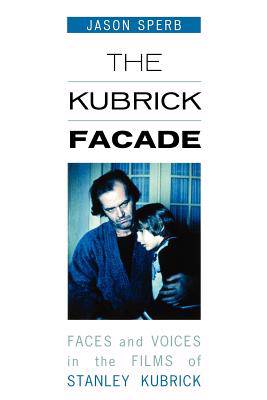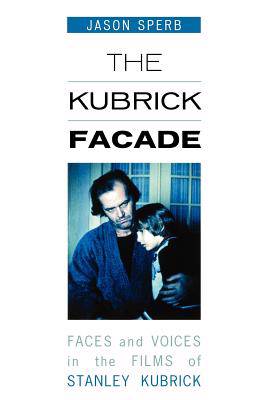
Door een staking bij bpost kan je online bestelling op dit moment iets langer onderweg zijn dan voorzien. Dringend iets nodig? Onze winkels ontvangen jou met open armen!
- Afhalen na 1 uur in een winkel met voorraad
- Gratis thuislevering in België vanaf € 30
- Ruim aanbod met 7 miljoen producten
Door een staking bij bpost kan je online bestelling op dit moment iets langer onderweg zijn dan voorzien. Dringend iets nodig? Onze winkels ontvangen jou met open armen!
- Afhalen na 1 uur in een winkel met voorraad
- Gratis thuislevering in België vanaf € 30
- Ruim aanbod met 7 miljoen producten
Zoeken
€ 82,95
+ 165 punten
Omschrijving
Many of Stanley Kubrick's films are often interpreted as cold and ambiguous. Whether viewing Barry Lyndon, 2001, The Shining, or Eyes Wide Shut, there is a sense in which these films resist their own audiences, creating a distance from them. Though many note the coldness of Kubrick's films, a smaller number attempt to explore exactly how his body of work elicits this particular reaction. Fewer still attempt to articulate what it might mean to "feel" Stanley Kubrick's films. In The Kubrick Facade, Jason Sperb examines the narrative ambiguity of the director's films-from the voice-over narration in early works, including the once forgotten Fear and Desire-to the blank faces of characters in his later ones. In doing so, Sperb shows how both devices struggle in vain to make sense of the chaos and sterility of the cinematic surface.
Specificaties
Betrokkenen
- Auteur(s):
- Uitgeverij:
Inhoud
- Aantal bladzijden:
- 198
- Taal:
- Engels
Eigenschappen
- Productcode (EAN):
- 9780810858558
- Verschijningsdatum:
- 1/09/2006
- Uitvoering:
- Paperback
- Formaat:
- Trade paperback (VS)
- Afmetingen:
- 153 mm x 230 mm
- Gewicht:
- 344 g

Alleen bij Standaard Boekhandel
+ 165 punten op je klantenkaart van Standaard Boekhandel
Beoordelingen
We publiceren alleen reviews die voldoen aan de voorwaarden voor reviews. Bekijk onze voorwaarden voor reviews.











